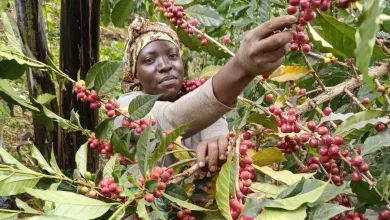Lessons for Economic Growt
Uganda’s export earnings increases by day, the export basket remains heavily reliant on agricultural products.
The Rise and Fall of Marketing Boards
During the colonial era, crops like cotton and coffee were introduced, with the government controlling research, seed breeding, and extension services. The private sector, dominated by Indian entrepreneurs, handled processing and marketing.
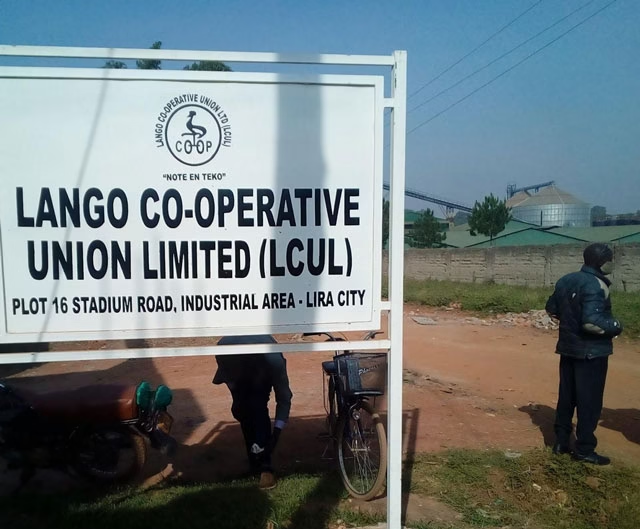
The Coffee Marketing Board, Lint Marketing Board, and Produce Marketing Board were established between 1959 and 1968. However, mismanagement, high running costs, and huge debts led to their decline.

In the 1950s, farmer cooperatives emerged, and the government responded by establishing statutory marketing boards. These boards aimed to stabilize produce prices, promote orderly marketing, and increase production.
Liberalization policies in the 1990s further weakened the boards, and they eventually collapsed. The Cotton Development Organisation (CDO) and Uganda Coffee Development Authority (UCDA) replaced the Lint Marketing Board and Coffee Marketing Board, respectively.
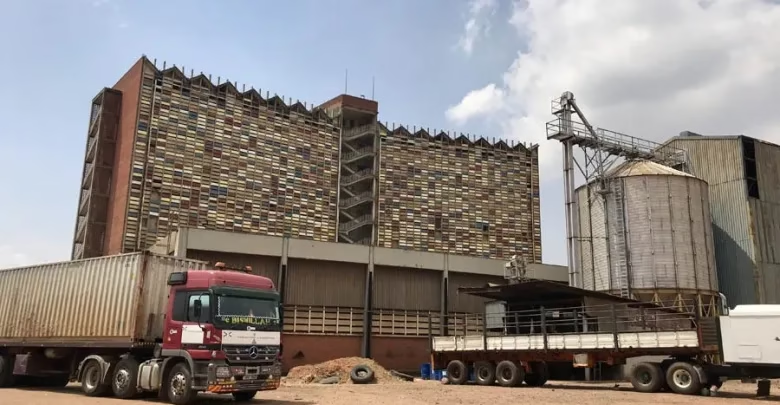
Consequences and Lessons
The collapse of the marketing boards had severe consequences for farmers and cooperatives. Many struggled to access credit, and the lack of structured procurement procedures and quality control measures exacerbated the problem.
While some cooperatives have adapted to the new market dynamics, exporting directly to international markets under the Fair Trade Agreement, analysts caution that this may not be a long-term solution.
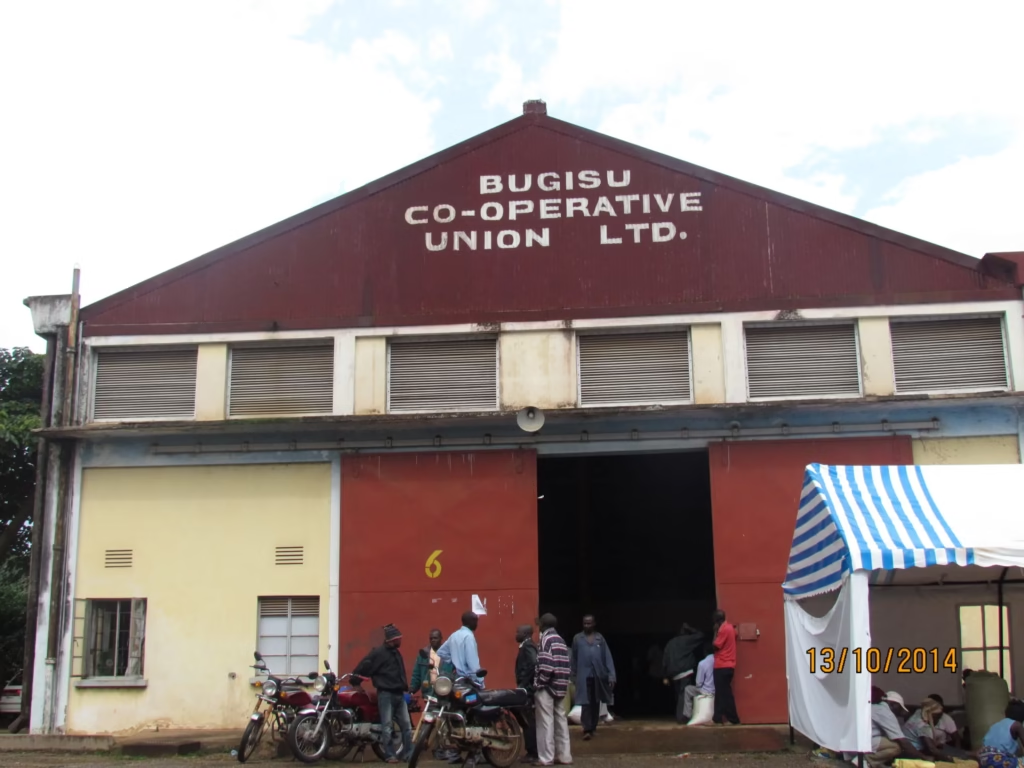
Reviving the marketing boards may not be necessary, but Uganda can learn from the past. Effective marketing strategies, quality control measures, and structured procurement procedures are crucial for promoting agricultural exports and supporting smallholder farmers.
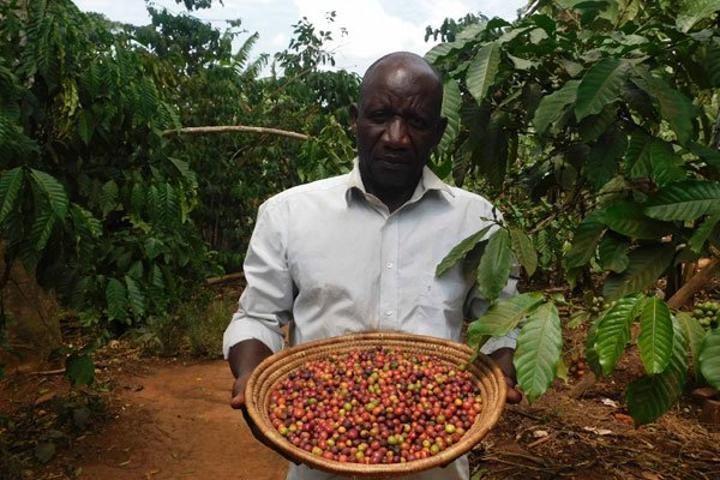
As Uganda seeks to boost its export earnings and promote economic growth, it must prioritize these lessons to ensure a more sustainable and equitable future for its farmers and citizens.

